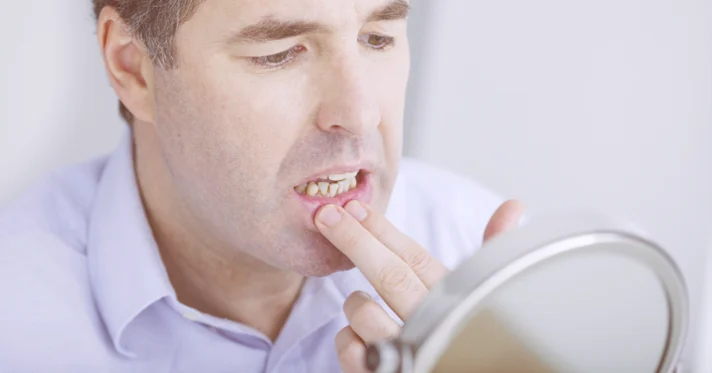Worn Teeth
What is Worn Teeth?
Worn teeth refer to the gradual loss of tooth structure, often due to factors like tooth grinding (bruxism), aggressive brushing, or acidic food and beverages. This wear can lead to tooth sensitivity, discomfort, and changes in the appearance of your smile. Over time, worn teeth may become more vulnerable to cavities, cracks, and other dental issues.
Worn teeth can also affect your bite and make chewing uncomfortable. If left untreated, the wear can progress, potentially requiring more extensive dental procedures to restore the teeth. Worn teeth can also lead to misalignment, further complicating oral health and increasing the risk of tooth damage.

Causes of Worn Teeth
Worn teeth can result from factors like teeth grinding, aggressive brushing, or frequent consumption of acidic foods and drinks. Over time, these habits can erode tooth enamel, leading to discomfort and potential dental problems.
Aggressive Brushing
Brushing too hard or using a hard-bristled toothbrush can erode enamel
Teeth Grinding (Bruxism)
Excessive grinding, often during sleep, can wear down tooth enamel
Age-Related Wear
Natural wear over time can lead to slight flattening and thinning of the teeth
Tooth Misalignment
Misaligned teeth can cause uneven wear, leading to damage over time

Treatment Options for Worn Teeth
We offer a variety of personalized solutions based on your specific condition:
- Dental Crowns: Restore the function and appearance of severely worn teeth.
- Veneers: Thin shells that cover the front surface of teeth, enhancing aesthetics and protection.
- Night Guards: Custom-made guards to prevent damage caused by teeth grinding during sleep.
- Fluoride Treatments: Strengthen enamel and help prevent further erosion.
- Bonding: Composite resin fills in areas of worn teeth, restoring shape and function.
Schedule Your Dental Visit Today!
Book your appointment effortlessly and secure your path to a healthier, brighter smile
Help & FAQ
General Question
Lorem ipsum dolor sit amet, consectetur adipiscing elit, sed do eiusmod tempor incididunt ut labore et dolore magna aliqua. Ut enim ad minim veniam quis nostrud
Lorem ipsum dolor sit amet, consectetur adipiscing elit, sed do eiusmod tempor incididunt ut labore et dolore magna aliqua. Ut enim ad minim veniam quis nostrud
Lorem ipsum dolor sit amet, consectetur adipiscing elit, sed do eiusmod tempor incididunt ut labore et dolore magna aliqua. Ut enim ad minim veniam quis nostrud
Lorem ipsum dolor sit amet, consectetur adipiscing elit, sed do eiusmod tempor incididunt ut labore et dolore magna aliqua. Ut enim ad minim veniam quis nostrud


Quick Help & Info
Find answers to your most common dental questions and concerns. Get quick and helpful solutions to address your oral health needs and improve your smile.
Yes, worn teeth can affect your bite, leading to discomfort when chewing and potentially causing further dental issues.
The time required to restore worn teeth depends on the severity of the wear and the treatment chosen, ranging from a few visits for veneers to more complex procedures like crowns.
The best treatment depends on the degree of wear. Mild wear may be treated with bonding or veneers, while more severe cases may require crowns or night guards.
The best treatment depends on the degree of wear. Mild wear may be treated with bonding or veneers, while more severe cases may require crowns or night guards.
